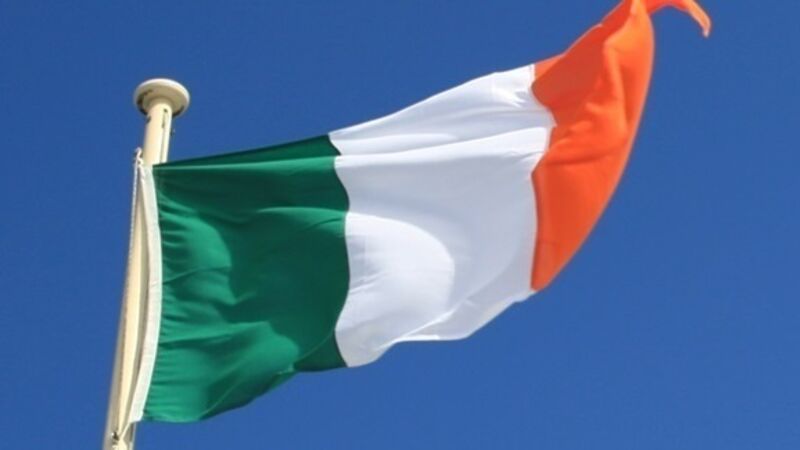A 1916 diary: Not in the News April 3 - 9

- Patrick Pearse, as director of organisation of the Irish Volunteers, issued the order for what was secretly intended to be the mobilisation for the Rising.
- “The object of the manoeuvres is to test mobilisation with equipment,” he wrote in the order that was published in the following Saturday’s issue of The Irish Volunteer. The Irish Republican Brotherhood (IRB) Military Council, of which Pearse was one of seven members, planned for Volunteers in Dublin to seize key positions in the capital on Easter Sunday evening when guns were also to land in Kerry, to be distributed to Volunteers in the south and west.
- Meetings of national and regional Irish Volunteers leaders were held at head office in Dublin. Kerry Brigade commandant Austin Stack and Paddy Hughes of Dundalk met Thomas MacDonagh and Michael Joseph O’Rahilly (another Kerryman) after the other two met earlier with Cork Brigade vice-commandant Terence MacSwiney, along with Eimar O’Duffy, JJ O’Connell, Michael O’Hanrahan, Éamon de Valera, and Constance Markievicz.
- Sharing a 3pm train from Dublin as far as Mallow, Stack and MacSwiney realised something more serious was about to happen than the gun-running operation both knew about for some months. Stack later wrote: “The hope of getting material help from Germany... loomed largely before us, as this was bound to have a very great effect on the prospects of the Insurrection.”
- Irish Volunteers recruiting meetings were held in Dublin, where speakers included MacDonagh, O’Rahilly, and another Kerryman, Piaras Béaslaí. Also attending were Edward Daly and Éamonn Ceannt, a member of the IRB Military Council, along with Daly’s brother-in-law Tom Clarke.
- Béaslaí was one of the day’s visitors, as observed by Dublin Metropolitan Police (DMP) detectives, to Clarke’s shop on Parnell Street in Dublin.
- An Irish Volunteers officer in Clare, Michael Brennan, was sentenced to imprisonment for using “language likely to cause disaffection”.
- Tom Clarke was seen with Béaslaí, and with Seán MacDiarmada who would be executed (as was his Military Council colleague Clarke) within five weeks. MacDiarmada later met Clarke’s aide Seán McGarry and Sinn Féin founder Arthur Griffith.
- Meetings to oppose the continuing deportations of Irish Volunteers organisers were held in Dublin, with armed contingents of the organisation listening to speeches by O’Rahilly, MacDonagh, Bulmer Hobson and John Fitzgibbon.
- A message from Clan na Gael leader John Devoy in New York — intermediary between the IRB and Germany — told Berlin to change the date of the guns landing to Easter Sunday, not earlier in the weekend as the Germans had mistakenly understood. The cables in both directions were being intercepted and decoded by British military as part of the wider war intelligence effort.
- On the same day, a letter from Military Council member Joseph Plunkett reached Roger Casement in Germany with the same message — that the guns should arrive no earlier than Easter Sunday.













